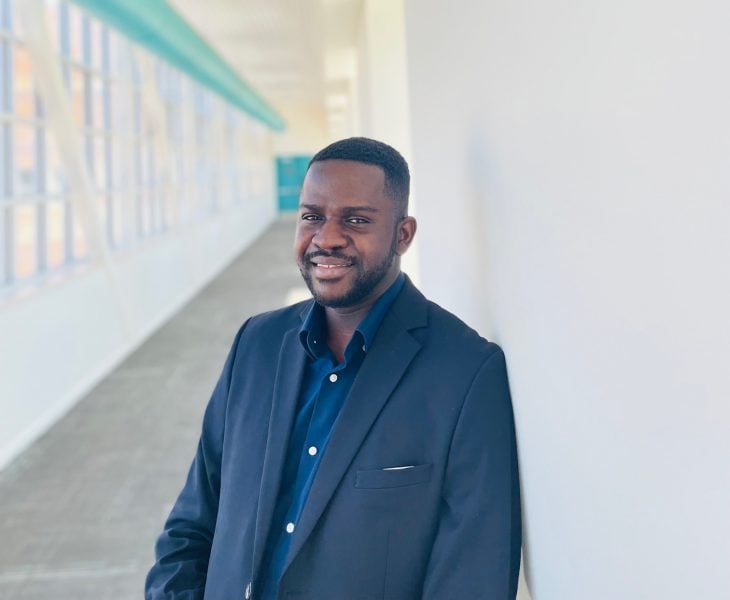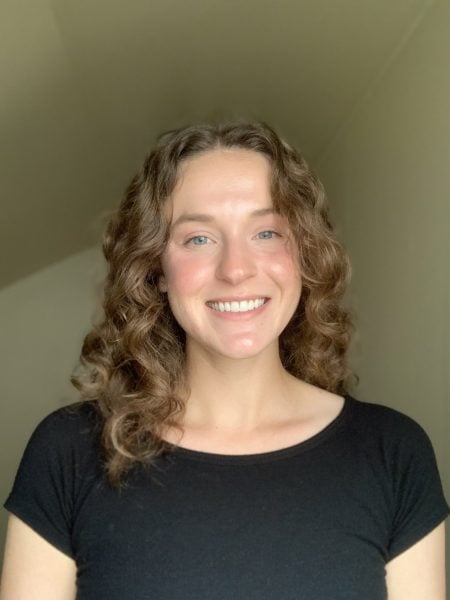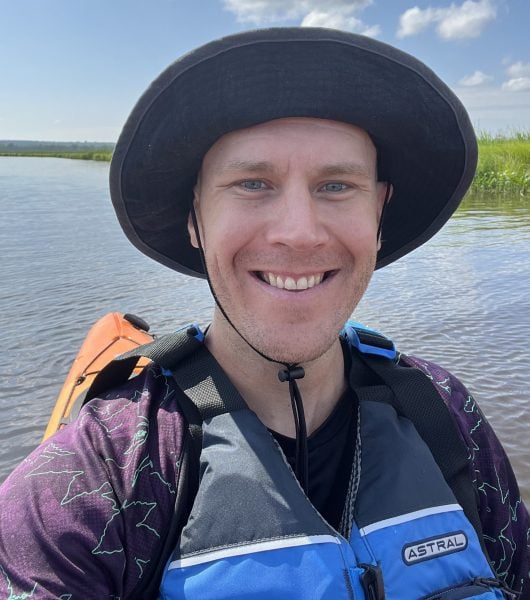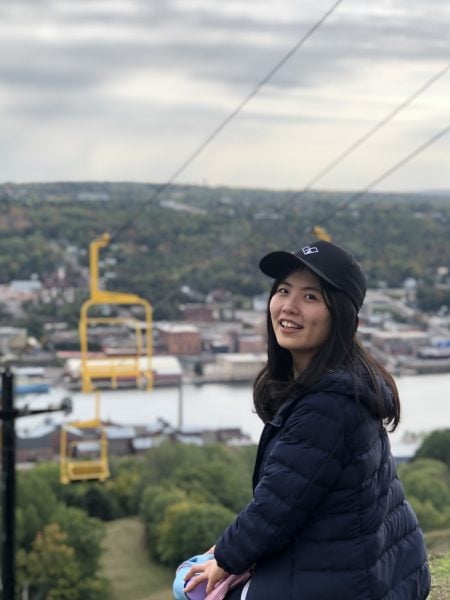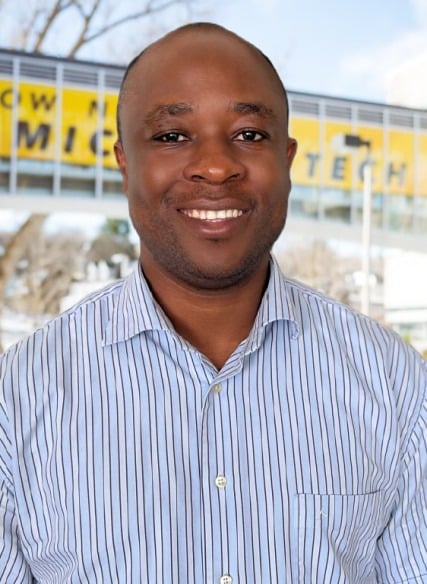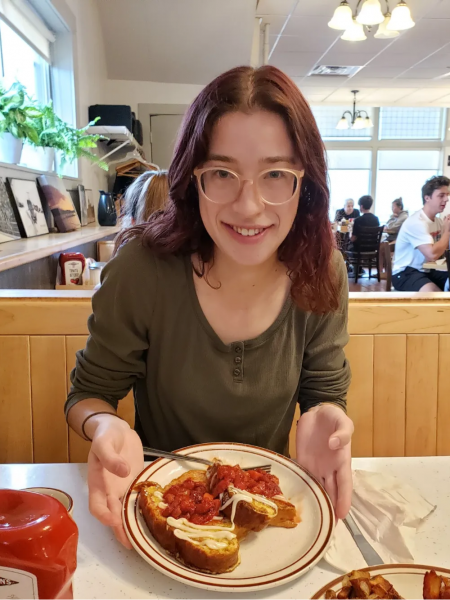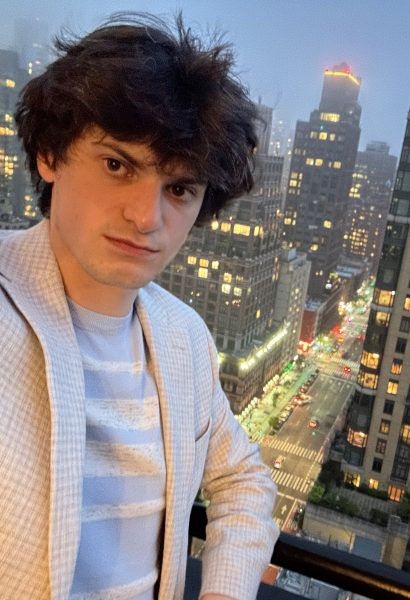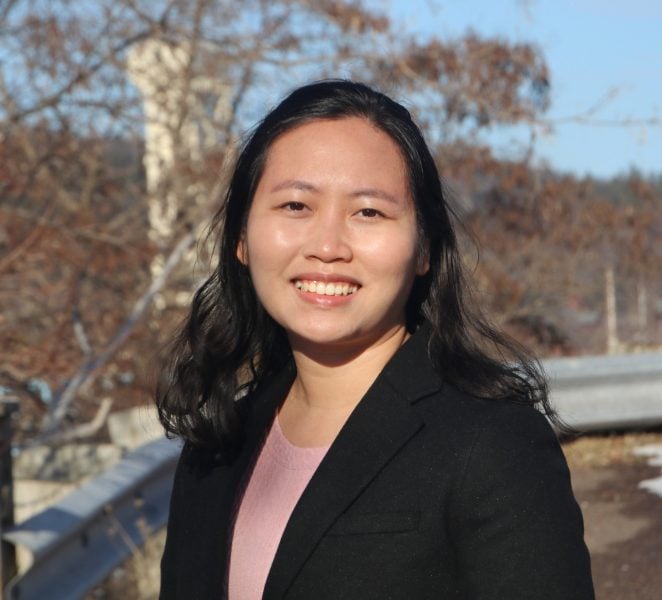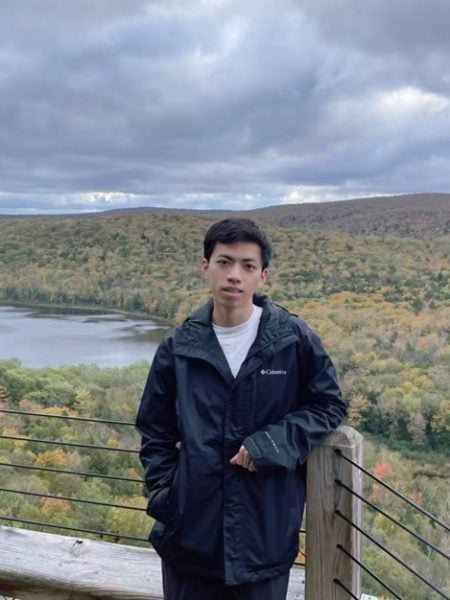
“I am truly honored to receive the Finishing Fellowship. I would like to sincerely thank the Graduate School and the Graduate Dean Awards Advisory Panel for this recognition and support as I complete my Ph.D. studies.
I am a fourth-year Ph.D. candidate in the Department of Materials Science. My research focuses on advancing environmental chemistry through innovative approaches to greenhouse gas utilization, plastics recycling, photocatalysis, supercapacitors, and carbon materials. I am passionate about developing solutions to some of the most pressing environmental challenges of our time.
During my doctoral studies, I have published ten peer-reviewed papers, nine of which I authored as first author. These publications reflect my commitment to conducting independent, high-quality research and contributing valuable insights to the scientific community. My work is characterized by creativity, technical rigor, and a strong emphasis on sustainability.
Beyond research, I take pride in fostering collaboration and mentorship within my lab. I have enjoyed working closely with interdisciplinary teams and guiding younger students as they begin their own research journeys. Balancing mentorship with my own projects has been a rewarding part of my graduate experience.
Looking ahead, I am committed to pursuing a career in academia. My goal is to become a professor at a leading university, where I can continue my research in environmental chemistry and help train the next generation of scientists. With a solid research foundation and a vision for addressing critical environmental issues, I am excited to contribute to the field as both a researcher and an educator.”
